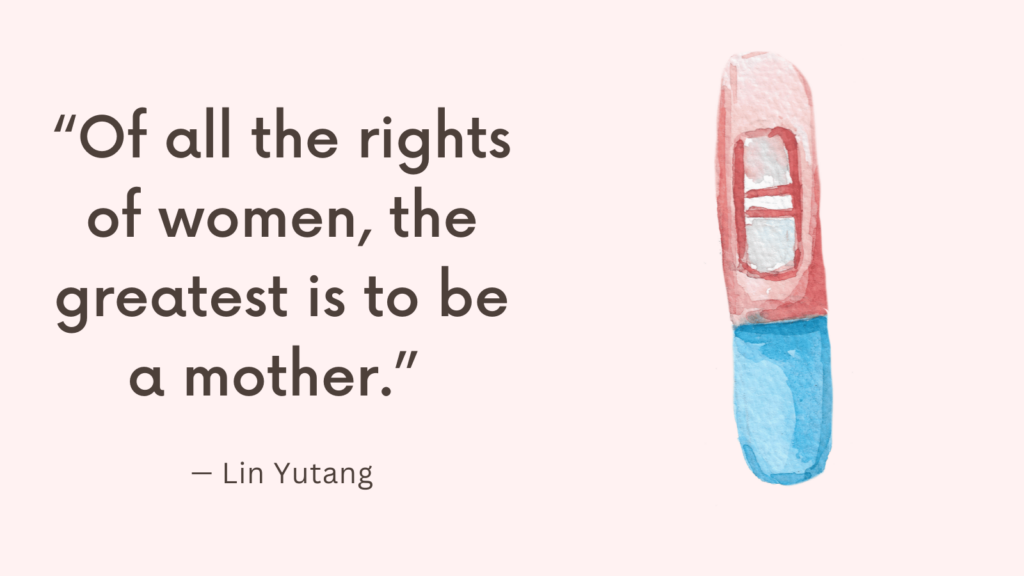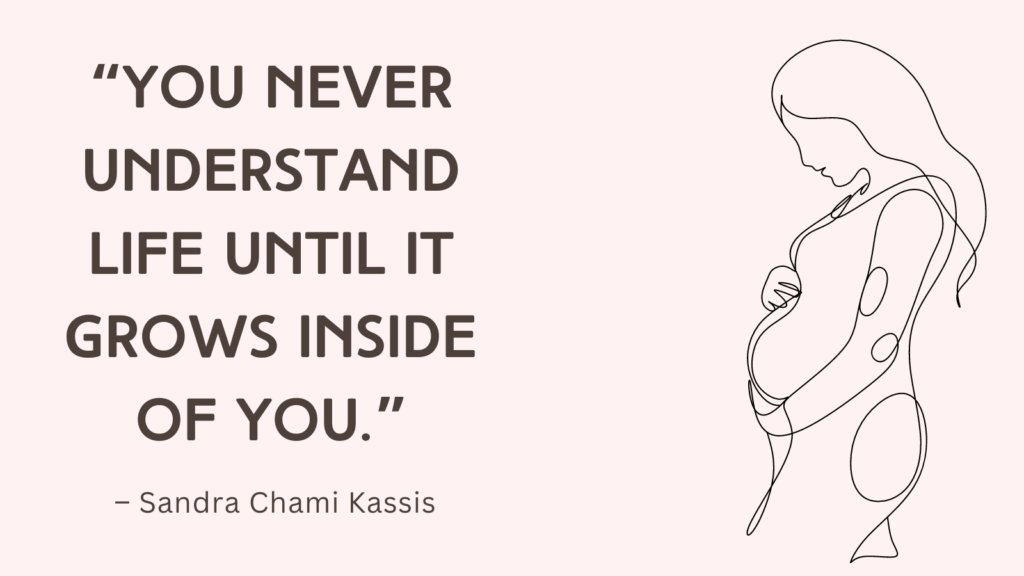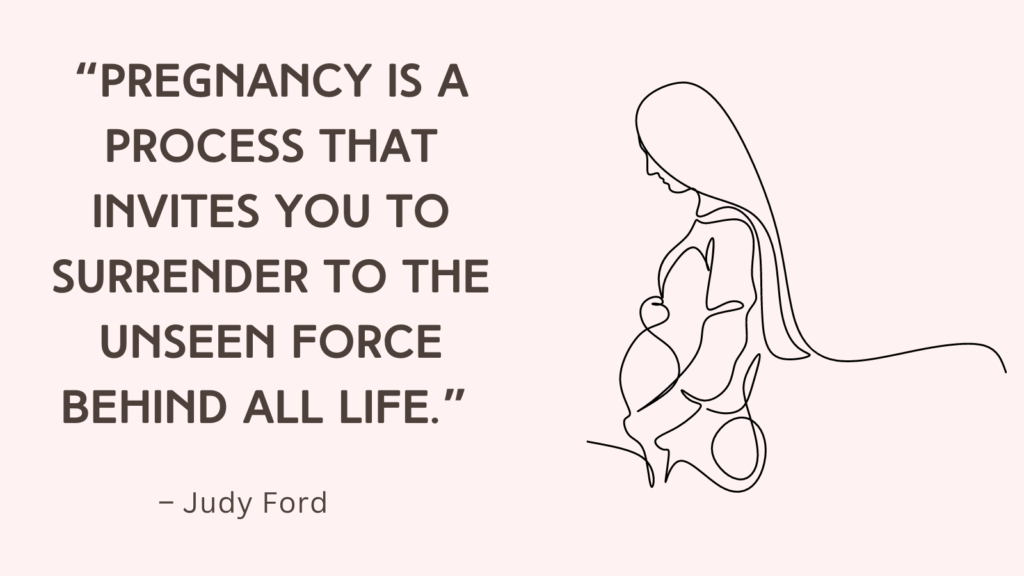Your first trimester is a critical phase for your baby’s growth, as many essential systems begin to form.
This guide will help you understand the key nutrients to focus on, how much you need, and where to find them naturally.
Disclosure: Some of the links below are affiliate links. This means that, at zero cost to you, I will earn an affiliate commission if you click through the link and finalize a purchase.
Why Nutrition Matters in the First Trimester
During these early weeks, your baby’s neural tube develops into the brain and spinal cord, and organs like the heart start to take shape.
This makes nutrients like folic acid, iron, calcium, and others incredibly important for both maternal health and fetal development.
Essential Nutrients for the First Trimester
1. Folic Acid: The Foundation of Early Development
Why It’s Important: Folic acid, or vitamin B9, is essential for preventing neural tube defects, which affect the brain and spinal cord. (source)
How Much You Need: 400-800 mcg per day.
Where to Find It:
– Leafy greens like spinach and kale
– Citrus fruits such as oranges
– Legumes like lentils and chickpeas
Tip: Even with a folic acid-rich diet, it’s essential to take a prenatal vitamin that includes folic acid to ensure consistent intake.
Related: What To Do After Positive Pregnancy Test?
2. Iron: Supporting Increased Blood Volume
Why It’s Important: Iron helps your body produce more blood to supply oxygen to your baby. Without sufficient iron, you may feel fatigued and risk anemia. (source)
How Much You Need: 27 mg per day. (compared to 18 milligrams for adult women 19 to 50 years old who are not expecting).
Where to Find It:
– Lean meats like chicken and turkey
– Iron-fortified cereals and grains
– Beans, lentils, and chickpeas
– Leafy greens, especially spinach
Tip: Pair iron-rich foods with sources of vitamin C, like bell peppers or oranges, to boost absorption.
Note: Pregnant women should not take more than 45 mg iron each day. Eating too much iron can be toxic and cause organ damage. Iron tablets (supplements) should only be taken when a blood test has confirmed that your levels are low.
Related: What To Wear To First Prenatal Appointment (& What To Avoid)
3. Calcium: Building Strong Bones and Teeth
Why It’s Important: Calcium helps build your baby’s bones, teeth, muscles, and heart. If you’re not getting enough, your body will pull calcium from your bones to support your baby’s needs. (source)
How Much You Need: 1,000 mg per day.
Where to Find It:
– Dairy products such as milk, yogurt, and cheese
– Non-dairy options like fortified almond or soy milk
– Leafy greens, including kale and broccoli
– Calcium-fortified orange juice
Tip: Calcium absorption is enhanced by vitamin D, so try to get a little sunlight each day and consider a vitamin D supplement if needed.
Related: Top 12 Tips On How To Deal With Morning Sickness At Work
4. Omega-3 Fatty Acids: Brain and Eye Development
Why It’s Important: Omega-3s, especially DHA, support brain and eye development. (source)
How Much You Need: Aim for 200-300 mg of DHA daily.
Where to Find It:
– Fatty fish like salmon and trout (choose low-mercury options)
– Chia seeds and flaxseeds
– Walnuts
Tip: If you’re not a fan of fish, look for prenatal vitamins with DHA or algae-based omega-3 supplements.
Related: Morning Sickness What To Eat When Nothing Sounds Good?
5. Protein: Building Blocks for Cells and Tissues
Why It’s Important: Protein is crucial for the growth of fetal tissues, including the brain, and also supports maternal tissue growth. (source)
How Much You Need: 70 grams per day.
Where to Find It:
– Lean meats and poultry
– Eggs and dairy products
– Beans, lentils, and nuts
– Tofu and other soy products
Tip: Incorporate a protein source with each meal to meet your daily requirements.
Related: How to Relieve Itchy Breasts During Pregnancy? Top 8 Ways
Tips for First Trimester Nutrition
1. Balance Your Diet: Strive for variety in your meals to cover a broad range of nutrients.
2. Take Your Prenatal Vitamins: They’re designed to fill any nutritional gaps.
3. Stay Hydrated: Drinking plenty of water aids digestion and overall wellness.
4. Consult with Your Healthcare Provider: They can help personalize your nutritional plan.
Related: Best Pregnancy Resources (Information, Apps, Books, Podcasts)
Prenatal Vitamins: What to Look for and Why
When you’re pregnant, your body’s nutrient needs increase to support your baby’s development.
Prenatal vitamins are designed to fill in any nutritional gaps to keep both you and your baby healthy.
Here’s a guide to the essential ingredients to look for in prenatal vitamins and why each one matters.
Why Prenatal Vitamins Are Important
Even with a balanced diet, it can be challenging to get all the nutrients your body needs during pregnancy.
Prenatal vitamins provide concentrated doses of key vitamins and minerals to support your baby’s development and help you feel your best.
Taking them regularly can reduce the risk of birth defects, improve energy levels, and support immune health.
Related: Best 70 Pregnancy Hacks (+Products Recommendation)
What to Consider When Choosing a Prenatal Vitamin
1. Form of Vitamin
– Look for vitamins in their natural or more absorbable forms, such as methylfolate instead of folic acid, and D3 instead of D2.
2. Delivery Method
– Prenatal vitamins come in tablets, capsules, gummies, and liquid forms. Gummies may not contain iron, so if you choose gummies, you may need a separate iron supplement.
3. DHA Supplementation
– Not all prenatal vitamins include DHA, so you may want to take a separate omega-3 supplement if it’s missing. Choose algae-based DHA if you’re vegetarian or sensitive to fish oil.
4. Organic and Additive-Free Options
– If you prefer organic or non-GMO supplements, many brands offer cleaner formulations. Check for added sugars, dyes, or unnecessary fillers.
Related: Best 50 Activities For Pregnant Couples
FAQs
Q: When should I start taking prenatal vitamins?
Ideally, start taking prenatal vitamins a few months before conception if possible. If you’re already pregnant, begin as soon as you know.
Q: Can I take prenatal vitamins with my regular multivitamin?
It’s usually not necessary to take both, as prenatal vitamins are formulated to meet pregnancy needs. Taking both may lead to excessive intake of certain nutrients.
Q: What if my prenatal vitamin causes nausea?
Try taking it with food or right before bed. If the nausea continues, talk to your healthcare provider; there are options designed to be gentler on the stomach.
Q: Do I need to keep taking prenatal vitamins after the first trimester?
Yes, continuing through your entire pregnancy and even while breastfeeding is recommended to support your nutrient needs.
Conclusion
Your first trimester is a precious time of growth and change.
By focusing on these essential nutrients, you’re giving your baby a solid foundation for development and supporting your own health as you begin this new journey.




